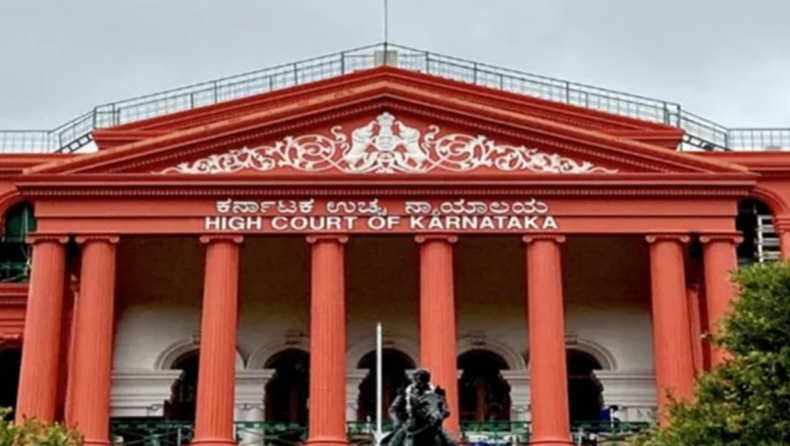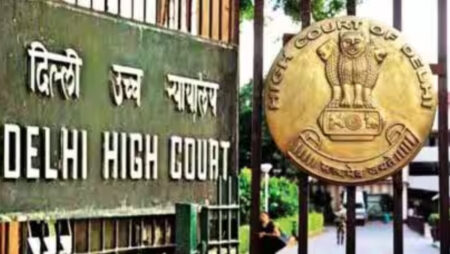On Monday, the High Court of Karnataka at Bengaluru allowed a petition made by a student to meet the ends of justice. In furtherance to this, the court also imposed an exemplary cost of Rs. 500000 on the college for fabricating the list of students. Also, the court directed the college to give an undertaking that hereinafter, the college will not admit students beyond the cut-off date.
These petitions were filed under Article 226 of the Constitution and were listed before a single-judge bench of the court. The bench was presided over by the Hon’ble Justice Sachin Shankar Magadum. These two sets of petitions were filed by the student and college seeking mandamus for the approval of the admission of one student.
Facts of the case
This case was filed by one student, Ms. Jirewad Kalyani Sunil seeking mandamus for approving her admission. While another petition was filed by the Karnataka Ayurveda Medical College. This petition was filed due to inaction on the part of the university in not approving the admission of the student. It is claimed by the college that it had sent a list of students for approval including the name of other petitions but the same have not been approved by the admission committee of the university.
The college further asserts that in place of one Mr. Khot Abid Zameer, Ms. Jirewad Kalyani Sunil was admitted on May 11, 2022, and original documents were submitted by letter or communication dated July 11, 2022. The college has further asserted that because the online platform was shut down on May 10, 2022, College was unable to update Ms. Jirewad Kalyani Sunil’s admission.
While the counsel for the respondent university argued that the name of the student-petitioner was not found in the list at the first instance. The student by the name of Mr. Khot Abid Zameer’s admission was also not approved by the university as he had not submitted the original documents required by the respondent university.
Judgment
The court after hearing the contention of both the parties concluded that the case at hand also demonstrates the way that Colleges are admitting students after the deadline and then blaming the Respondent-University. The same defense used by colleges in all of these identical writ petitions, which claim that the online portal was closed and that as a result, they were unable to upload and provide the details of students admitted, is unmistakably an attempt to conceal admissions made by colleges after the cut-off date.
In furtherance to this, the court also observed that the case does not require any enquiry as the claim of the college that Ms. Jirewad’s name was included in the first list and was factually incorrect. Even though the college claims that a list of 100 students was supplied to the university in a whole and that Ms. Jirewad Kalyani Sunil was on that list, that assertion is false in light of the approval list provided by the college video Annexure-D
At Last noting, in an identical case where the co-ordinate bench had imposed exemplary cost and issued mandamus to the university to approve the admission, the court allowed the petition of the student. The court further observed that Colleges frequently take risks. If vacancies are discovered after the University has approved the list due to the non-approval of some of the applicants, the colleges take the initiative to fill these vacancies by admitting applicants after the cut-off date. These are clear violations of the schedule fixed by NCISM.













